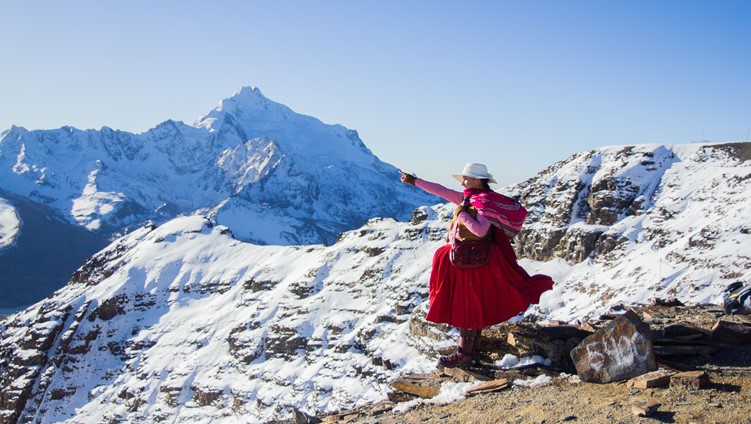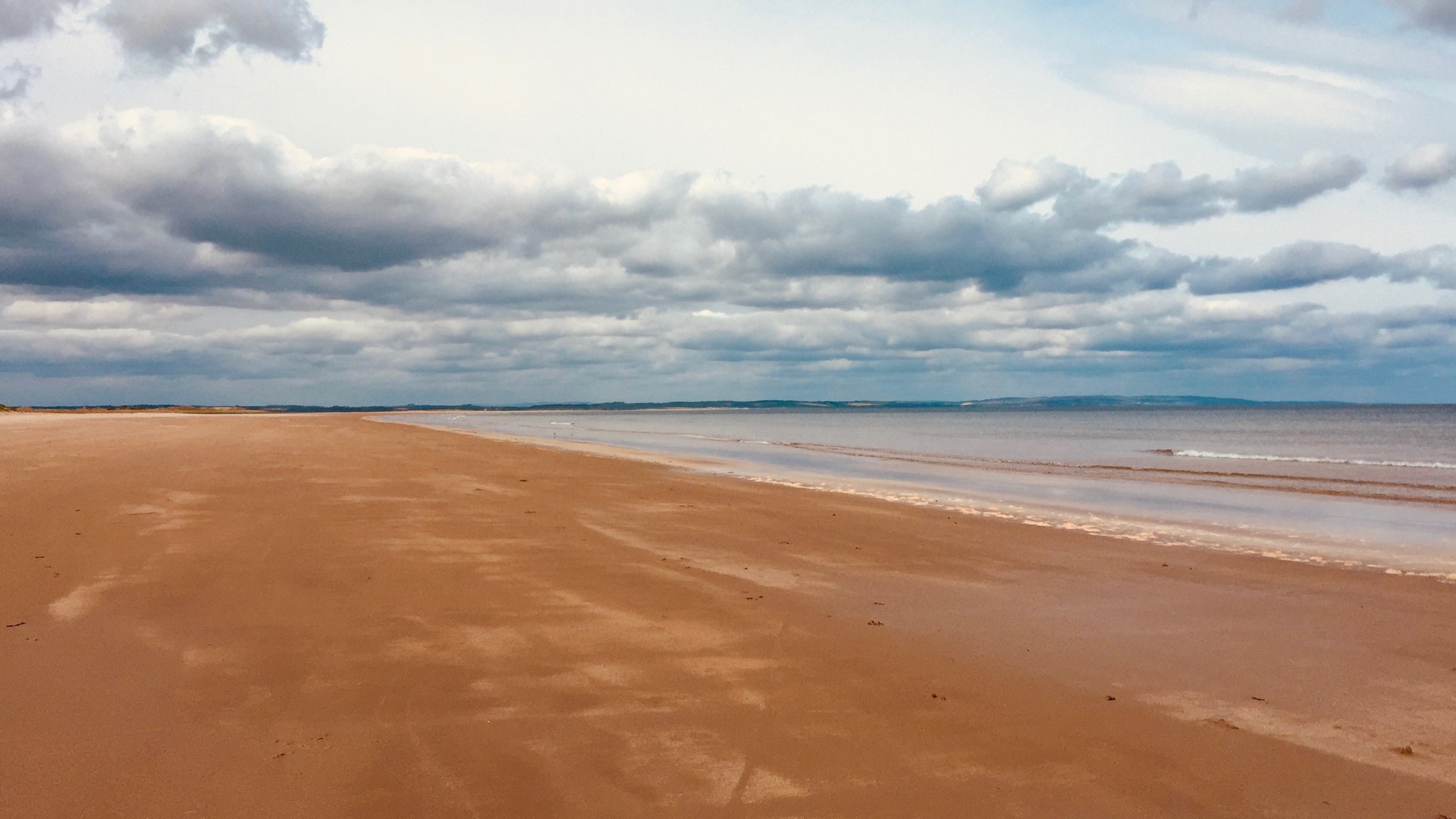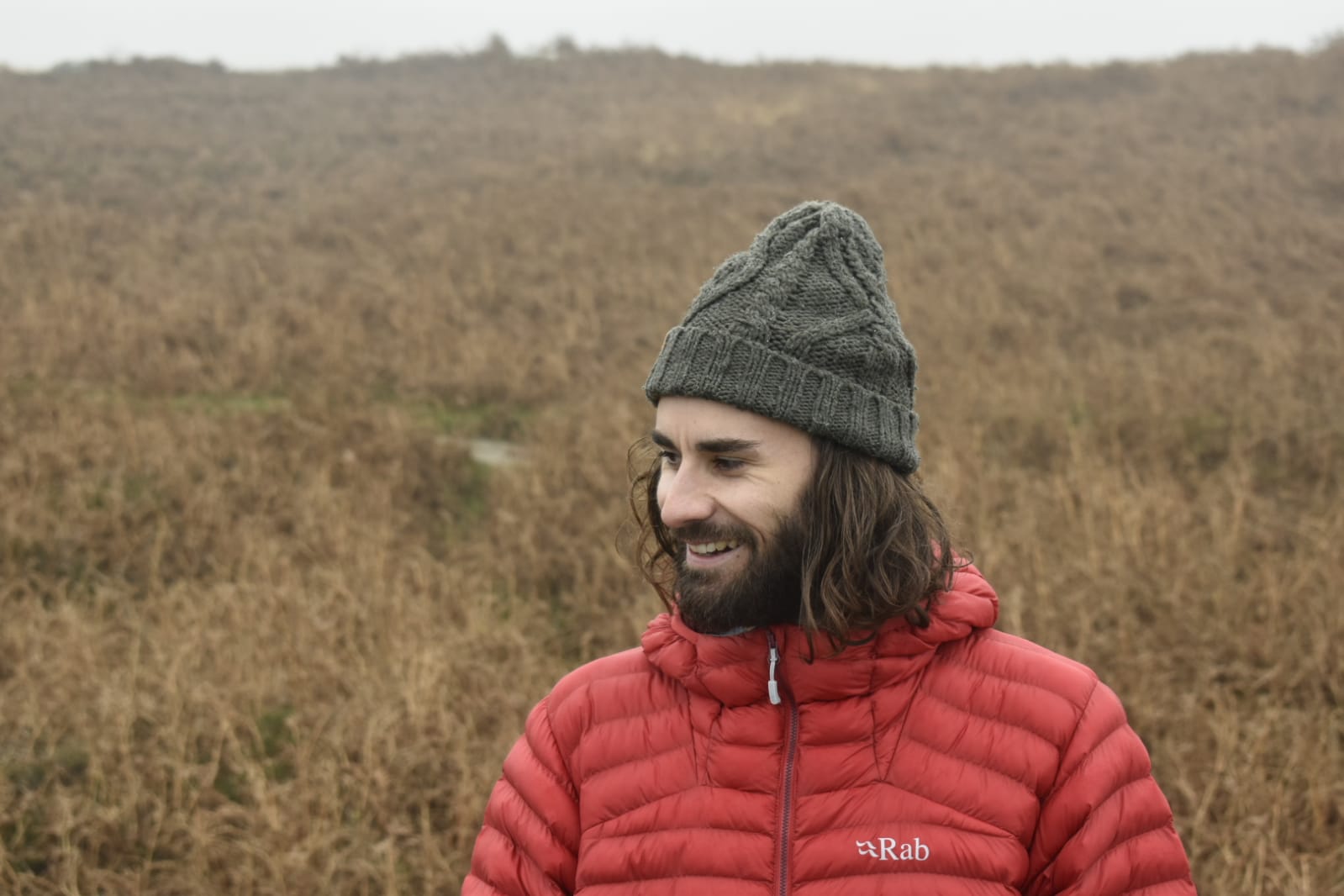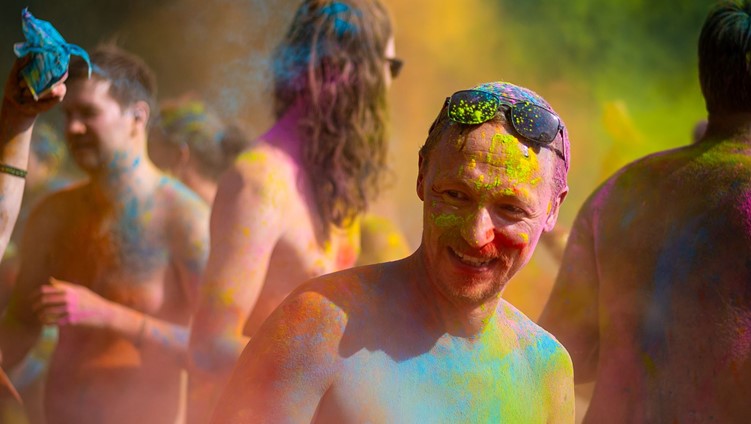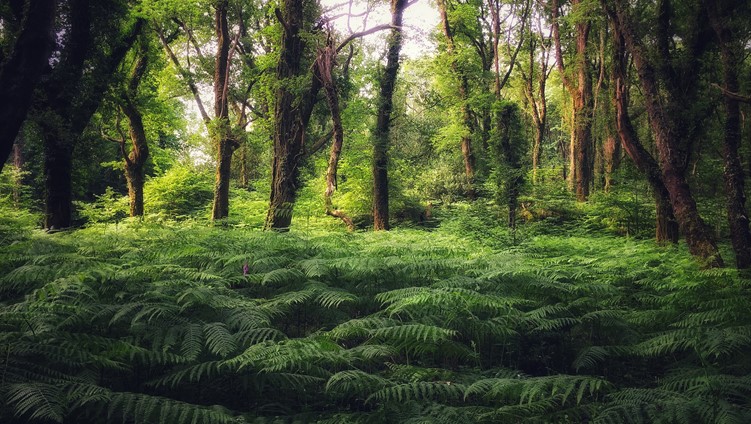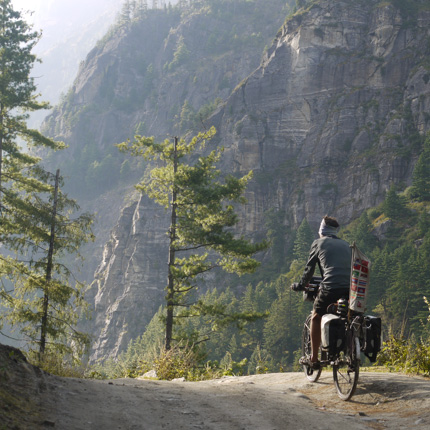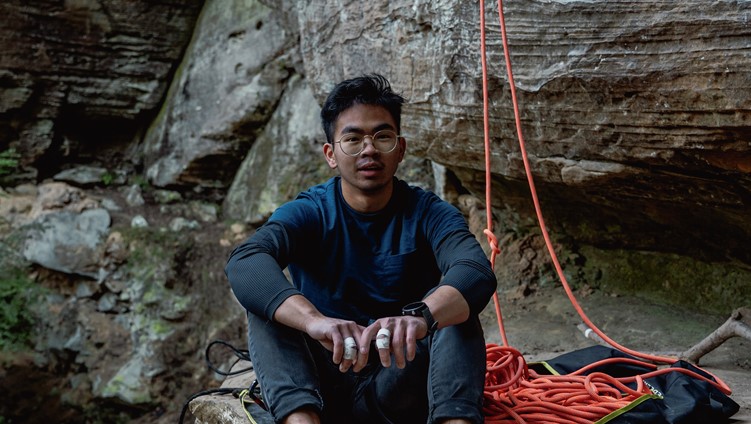
You can learn more about Jini's work at www.jinireddy.co.uk. Sam chatted with Jini about Wanderland, the importance of seeking the magical and her experiences as a travel writer.
“I was following my curiosity,” Jini says of her motivation to write Wanderland. “It’s about wanting to feel awe and wonder and to expand my field of perception.”
What distinguishes Jini’s work, and makes this remark more than a traveller’s platitude, is her wide openness to unorthodox sources of awe and wonder. Wanderland is not a book about conquering mountains, but of asking what labyrinths, pilgrimage, wild art and the divine spirit of the British landscape have to offer. Things, in other words, that many people, in either celebration or scepticism, would consider quite weird.
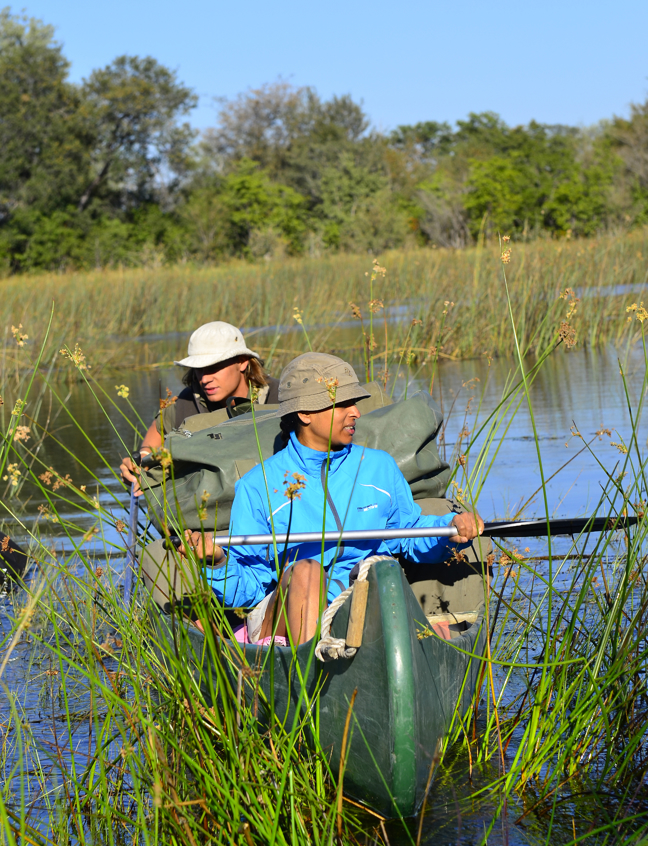
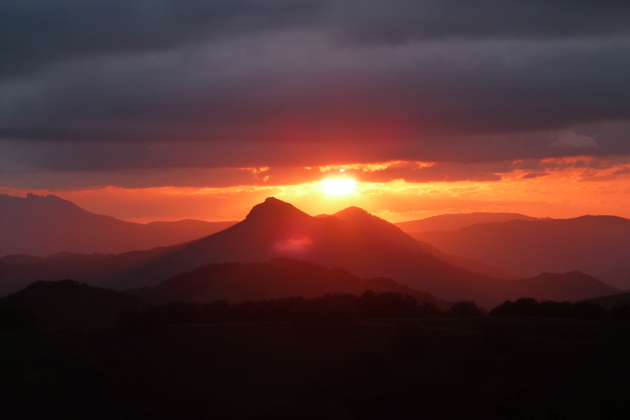
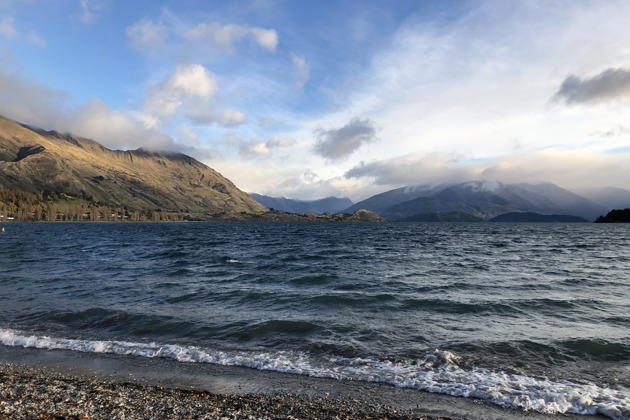
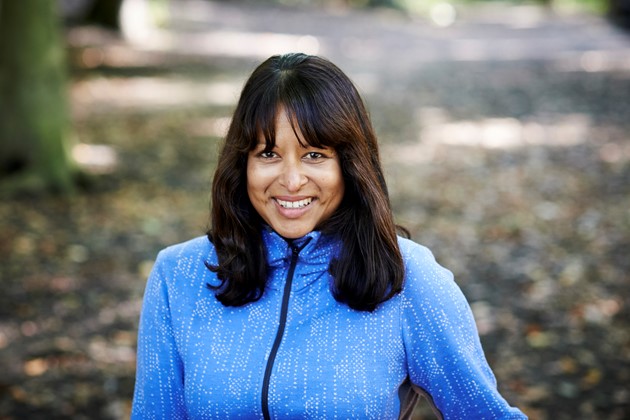
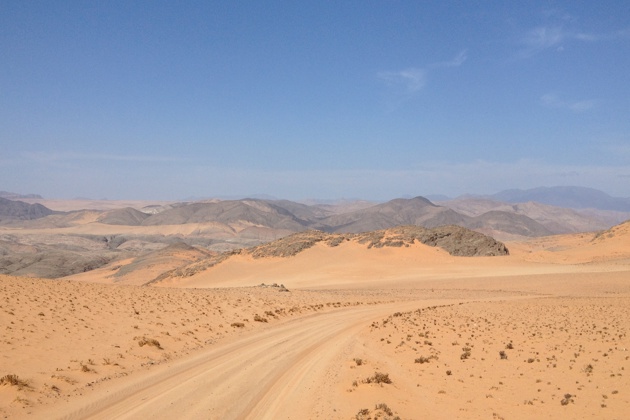
Clockwise from left: Jini starting the Selinda canoe trail, Botswana; the Pyrenees; Jini (photo: Lisa Bretherick); New Zealand; Nambia.
Jini was born in London and grew up in Montreal with Indian parents raised in apartheid-era South Africa. In part she attributes her openness to this mix of cultural influences, but her travels have also been highly formative.
“I've been a travel writer for quite some time,” she says, “and while I was traveling I often had opportunities to meet people from indigenous cultures. I was always struck by the way that for these people it was perfectly natural to experience a reciprocal relationship with the forces of nature - an animate nature. I found this really fascinating and compelling, the idea that you can seek wisdom from the land.”
'While I was traveling I often had opportunities to meet people from indigenous cultures. I was always struck by the way that for these people it was perfectly natural to experience a reciprocal relationship with the forces of nature - an animate nature. I found this really fascinating and compelling, the idea that you can seek wisdom from the land.'
Among the untold losses of the way colonialism has ravaged the world’s indigenous cultures is potentially invaluable knowledge and perspectives, particularly relating to the natural word. Recognition of this is slowly, belatedly growing - particularly in countries with more prominent indigenous cultures than the UK - and Jini’s work can be read as a contribution to this necessary shift.
“I wondered if it might be possible for somebody like myself, a regular person, to experience a glimpse of the world in this way, without needing to be an expert of any kind, or a medicine woman or a shaman,” she explains. “So I entered into the book in a spirit of playful experimentation.”
Few would deny the value of open-mindedness and experimentation, or the importance of finding new stories about the natural world. And yet few, it seems, would be willing to extend this spirit to many of the ideas in Wanderland. With this in mind, I was curious about how it has been received.
“I've been really pleasantly surprised,” Jini says. Although she is quick to acknowledge that “people may have private thoughts,” she does sense a shift in attitudes. Against a backdrop of climate breakdown, “people are paying more attention to indigenous voices … people are aware that they need to be more open to diverse voices.”
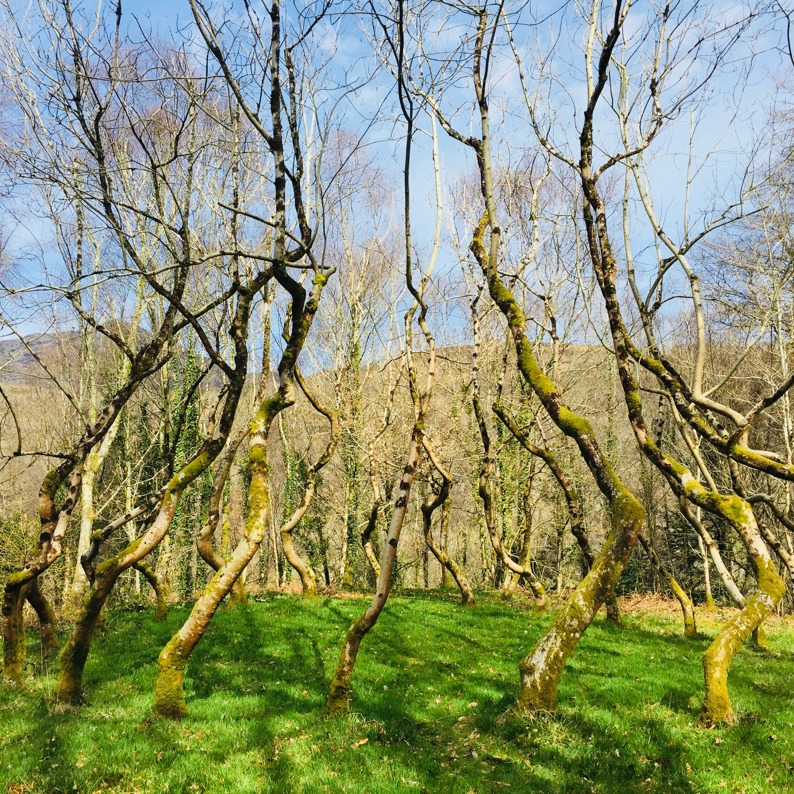
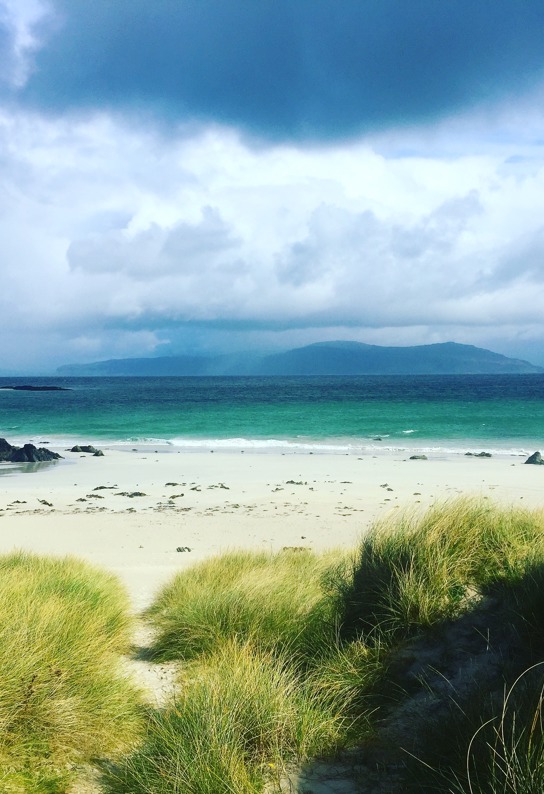
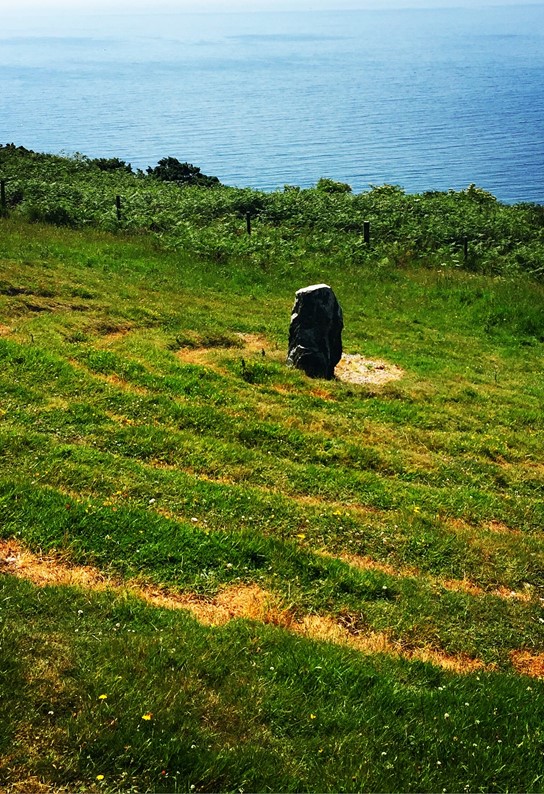
From left to right: David Nash's Ash Dome, a beach in Iona and a labyrinth in Cornwall - all from Jini's travels in Wanderland.
One barrier to more dialogue with these ideas is the language around them, which is often ambiguous and has become culturally loaded. This problem moves into view when we discuss a particularly vital thread of much indigenous thought, given the climate emergency: the importance of seeing the earth as an ecosystem, and of deep human-landscape relationships.
“Behind everything is this animate, intelligent, sentient mystery - this sort of mysterious cosmic world,” says Jini, paraphrasing the cultural and environmental historian Thomas Berry. “If we as humans would acknowledge there was a visible world and this cosmic world we would be the richer for it.” Jini is attracted to this possibility. “You could say I was trying to find the divine in the landscape,” she continues, “but without qualifying what this is, because I don’t know!”
The underlying ideas here - communing with nature, sentience in nature, learning about the unseen - seem relatively uncontroversial, and could form a new story about how humans relate to the natural world. But the language is liable to deter many. The best example is perhaps the word ‘spiritual’: anathema to many, but a word that Jini almost anticlimactically defines (after I put her on the spot), as “that which is present but unseen.” We ignore the spiritual in this sense at our peril.
Jini is keenly aware of this danger in language. “If I'm talking about something in terms that are too spiritual, I think I could be distancing people,” she says, “and I don't want to be distancing.” This explains the caveats that run through the book and our conversation. “I know it sounds really New Agey,” she adds, for example, after explaining that she sets a clear intention before visiting a new place - something we could all surely benefit from doing more often.
This awareness makes Wanderland a very accessible book. It also helps create a blend of curiosity, scepticism and humility that make Jini the kind of reassuring guide we need more of if we are to explore new ideas in ways that require bridging cultural divides.
'You could say I was trying to find the divine in the landscape, but without qualifying what this is, because I don’t know!'
The preoccupation with Otherness running through Jini’s work is intimately related to her identity as a female travel writer with Asian heritage. This is a historical a rarity - a fact Jini discusses in a Guardian article published days before our conversation.
In one sense this feeling of Otherness informs Jini’s travels around the UK. “London is very multicultural and everybody is from somewhere else, so it is much easier to feel at home,” she says. But the experience of travelling in rural areas is different. “I would go to the countryside and I would be the only brown face I would see.”
Acknowledging this structural dynamic is important, but so is acknowledging that it does not necessarily result in bad personal experiences. “On a human level and individual level I had predominantly positive experiences,” she recalls. “I met really lovely and interesting people, and was enriched by that.”
This sense of Otherness also plays out in the travel writing industry. A lack of diversity is an ongoing problem not just in terms of which writers are published, Jini argues, but also in terms of those deciding which writers to publish. We are seeing more travel and nature books written by people of colour - some of which Jini references in her article. But she feels newspapers and magazines have been slower to adapt, partly by virtue of being more reliant on advertising revenues, but also perhaps a lack of awareness around the real need for representation and the richness of diverse stories and perspectives.
Jini does seem quietly optimistic, though. “I think what is interesting is that the definition of travel writing is expanding,” she says. “It's not just about going off and having an adventure. It’s also about … stories of returning to places, and exile stories and a multitude of voices.”
This change is in everybody’s interest. “The way you experience a place has to do with the lens through which you're seeing the place,” Jini continues. “If we're only hearing stories about people from Western countries, there is a particular lens. But if you're hearing stories from people from other cultures and countries, it’s much richer.”
Wanderland certainly makes UK travel writing richer in this sense. It brings an imaginative, intriguing sense of adventure to the landscapes we love, and in doing so helps open space for what can be tricky conversations around fostering a healthier relationship with our planet. It offers a rewarding read, including - perhaps even especially - for those sceptical of the spiritual.
Keep exploring

